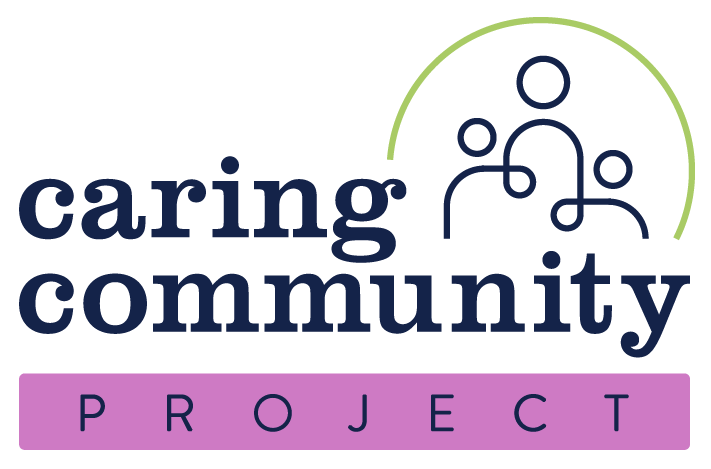COVID-19 Pandemic
In: Current Challenges for Teen Mental Health
How is this impacting teens and their mental health?
The COVID-19 Pandemic has brought on many challenges for families across the world. Many teens, especially those who engaged in remote learning or multiple quarantines, witnessed changing dynamics at home including parent layoffs, unemployment, illness or death. Furthermore, many teens faced changing responsibilities at home including taking care of siblings or working to help pay bills, all while continuing academics and college and career preparation.
Forced quarantine and isolation have increased disconnection and loneliness in youth. Youth are spending more time on screens, less time with peers, and less time outdoors engaging in healthy, active hobbies. A poll from the National Alliance for Mental Illness about children’s mental health after the pandemic showed that 44% of parents are concerned about their children’s mental health, but only 16% have sought help and support for their child (2021).
Uncertainty with the future, fear around illness and death, and inconsistency in school has increased child and teen anxiety.
With multiple shutdowns, mandated isolation, and quarantines many children and adults have lost access to their coping skills, leading to higher levels of stress, depression and anxiety.
Tips on supporting teens
Share resources from the National Mental Health Resources document.
Create a list of coping skills with your student and check in on their progress using these skills when needed.
Encourage your student to engage in outdoor and active activities for at least ten minutes a day. Ideas for active and outdoor engagement include hiking, walking or jogging, doing yoga, playing a sport, doing Youtube workouts, or making art outdoors.
Share mindfulness tools from the Mindfulness strategy with your student.
Complete the Support System brainstorm with your student to identify peer and adult support in and out of school
Encourage your student to connect with peers through interest groups, clubs, sports, or other activities.
When feeling anxious, worried or out of control, use the Circles of Control strategy to help your student feel a sense of control and calm with their environment.
Create a wellness plan with your student and check in on their progress weekly.
Ask your student the following questions to check in on their mental health and well-being, especially when required to quarantine.
[Source: https://greatergood.berkeley.edu/article/item/six_daily_questions_to_ask_yourself_in_quarantine]Who am I connecting with today?
What is one act of self-care that I will do?
How will I move my body and be active?
How will I spend time outdoors?
